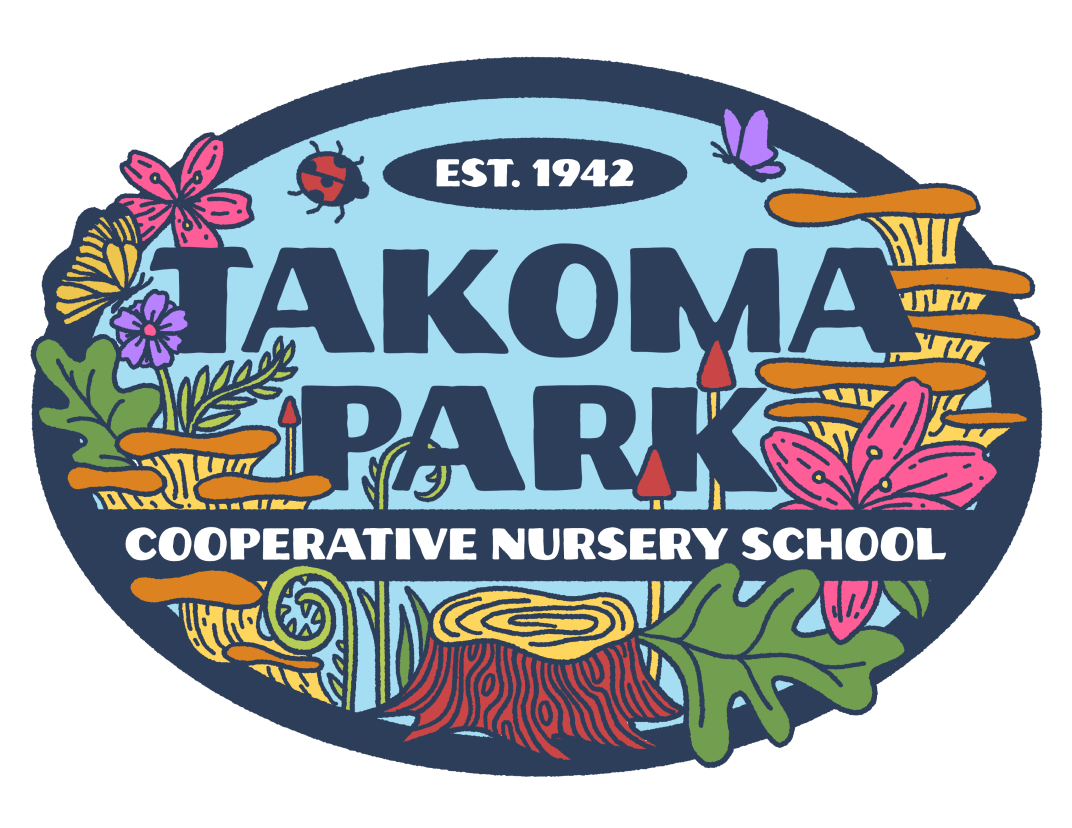Actual Questions and Answers
Do you like my tiny, little books? The answer is, "Yes." The answer is NOT "Let me teach you about how books are actually made and what they look like!
"Lesley, how do fingernails know to grow back?"
As parents and teachers of young children, we get these kinds of questions by the cartload. Teachers will have a question about growing-back-fingernails, what killed the dinosaurs, is the tooth fairy real, and where tigers live all at the same time. In a parent cooperative, built around discussion, meetings, and sharing of agreements and disagreements, there are so many questions.
So many questions.
"My child is interested in learning letters. How can I teach him?"
That's from a parent wondering how she can teach her young child letters.
"Did you die?'
That's from a four-year old after I told him a childhood story about how my sisters and I felt the earth under a sand dune move enough to knock us off our feet as we were running.
The one thing I have learned over years and years of questions and discussions is that the answer I want to provide isn't usually for the question being asked.
This is most apparent when children ask complex questions about life, death, and religion. When children ask about death, they are not necessarily looking for the comfort adults feel compelled to offer when answering their questions. For example, "You will not die for a very long time," or "You have to be very old and very sick." Both of these "add-ons," meant to provide comfort and context are, in reality, not the sought after information. Plus they are not even necessarily true and therefore make the discussion scarier than necessary as a young child's "very long time" and "very old" are measured in weeks and months and there will be a time when illness hits very hard -- is this the time?
Are these skeletons real? The answer is, "Yes." Are they dead? The answer is "Yes."
Sometimes the simplest answer is all that is necessary..."No" and "Yes." More often though, you have to find out what question is that is actually being asked. You have to find out about context and get the background as to why the question is being posed. In fact, children are quite easy to talk to because they already hold the answers they are asking you for. Their questions are just prompts for you to solicit their thoughts.
So, fingernails growing back? What do you mean? When a fingernail falls out or why do fingernails keep growing and have to be cut? In this case, he wanted to know because he saw a missing fingernail with his own eyes, connected it to his own hand and nails and wanted to tidy up something important -- does that hurt? And does the nail know to grow back?
My child is interested in letters? A young child asks about letters in order to learn about ownership and labeling, not because they want to have a formal lesson in identifying and writing out the alphabet and words! No, thank you. My name has six letters and the first one is the most important and once I learn the other ones, that is all I need to know right now. As I grow, sure, I want to know the letters in my mothers' and my sisters' names, even the cat's and dog's! But, for now I am staking my claim on the six letters in my name.
A teacher working with a lot of children knows that the first letters children want to learn are those in their names. They own those letters and they don't need to share any more information than the fact that they own those letters. They have a patent on those letters! Those letters are their very own and no one has owned them more throughout the history of the world. At some point in a social setting, some of the children will begin asking about other letters or what letters are needed to message some idea of ownership.
They also own the number that represents the age they are. No one has ever been three or four. When you collect a bunch of three- and four-year-olds in one place, they will quickly start jostling for a finer and finer tuning of their number, "I am four and three quarters!" Done! That is my number.
We must balance two things -- (what are you actually asking) and (what do you want to actually know). Balancing those two things with an understanding of where a child is, developmentally, will help so much with making the conversation relevant and real.
What are you actually asking me? Do you already have the answer?


